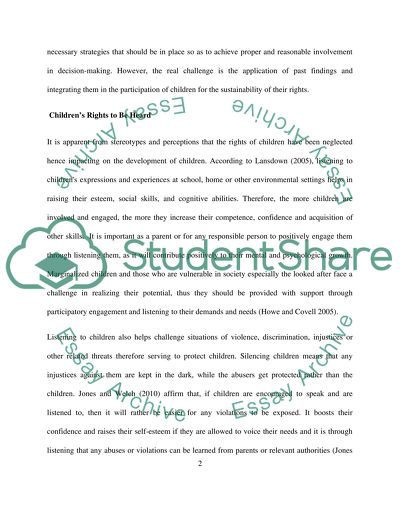Cite this document
(“Not Listening to a Child as a Form of Neglect Essay”, n.d.)
Not Listening to a Child as a Form of Neglect Essay. Retrieved from https://studentshare.org/education/1688252-not-listening-to-a-child-as-a-form-of-neglect
Not Listening to a Child as a Form of Neglect Essay. Retrieved from https://studentshare.org/education/1688252-not-listening-to-a-child-as-a-form-of-neglect
(Not Listening to a Child As a Form of Neglect Essay)
Not Listening to a Child As a Form of Neglect Essay. https://studentshare.org/education/1688252-not-listening-to-a-child-as-a-form-of-neglect.
Not Listening to a Child As a Form of Neglect Essay. https://studentshare.org/education/1688252-not-listening-to-a-child-as-a-form-of-neglect.
“Not Listening to a Child As a Form of Neglect Essay”, n.d. https://studentshare.org/education/1688252-not-listening-to-a-child-as-a-form-of-neglect.


